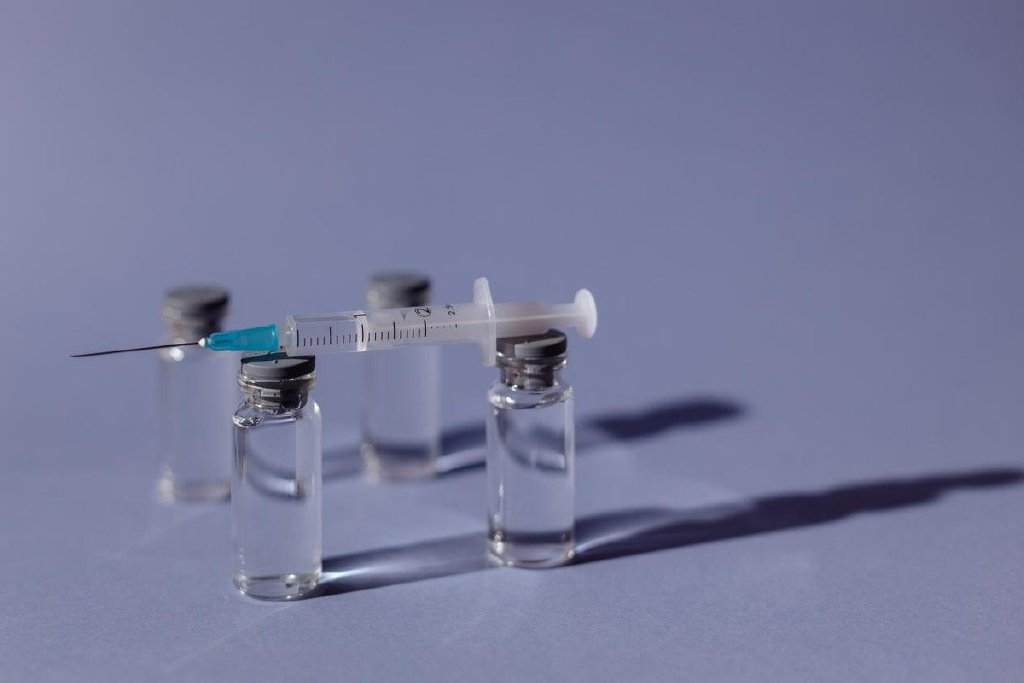
Glycylglycine is a white crystalline or flaky crystal with good solubility. It is easily soluble in hot water, sparingly soluble in alcohol, and insoluble in ether. This biochemical reagent is widely used in biological research and the pharmaceutical field. Its short peptide structure and interactions with transition metals play a key role in many fields such as bioengineering and medicinal chemistry.
Glycylglycine is used as a stabilizer for the injectable aqueous solution of the protein drug cytochrome C. This application is primarily based on the biochemical properties of glycylglycine and its widespread use in the pharmaceutical field. Cytochrome C is a protein found in the mitochondria of cells, containing an iron porphyrin prosthetic group, and plays an essential role in electron transfer, crucial for cellular respiration. Cytochrome C injections are widely used in the auxiliary treatment of various acute hypoxic conditions, such as carbon monoxide poisoning, hypnotic drug poisoning, neonatal asphyxia, and more. To ensure the stability and efficacy of cytochrome C during storage and use, a stabilizer is needed to prevent its degradation or inactivation.
Due to its biochemical properties and stability, glycylglycine is used as a stabilizer in the injectable aqueous solution of cytochrome C. It effectively prevents the degradation or inactivation of cytochrome C during storage and transportation, ensuring the quality and efficacy of the drug. This application not only improves the stability of the injectable solution but also extends its shelf life, providing patients with a more reliable and effective treatment option.
In addition to being used as a stabilizer for cytochrome C injections, glycylglycine has various other applications in the pharmaceutical field. For example, it can be used as a stabilizer in blood preservation to extend the storage time of blood, and as a substrate for glycylglycine dipeptidase assays and for polypeptide synthesis research. These applications further demonstrate the importance and potential of glycylglycine in the pharmaceutical field.
Due to its unique biochemical properties and stability, glycylglycine is used as a stabilizer in cytochrome C injections, an application that not only enhances the quality and efficacy of the drug but also provides patients with a more reliable and effective treatment. Its wide range of applications in the pharmaceutical field also offers broad prospects and opportunities for its future development.